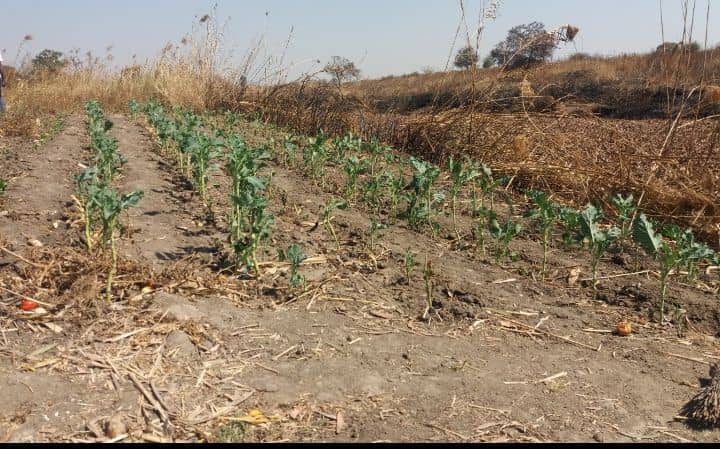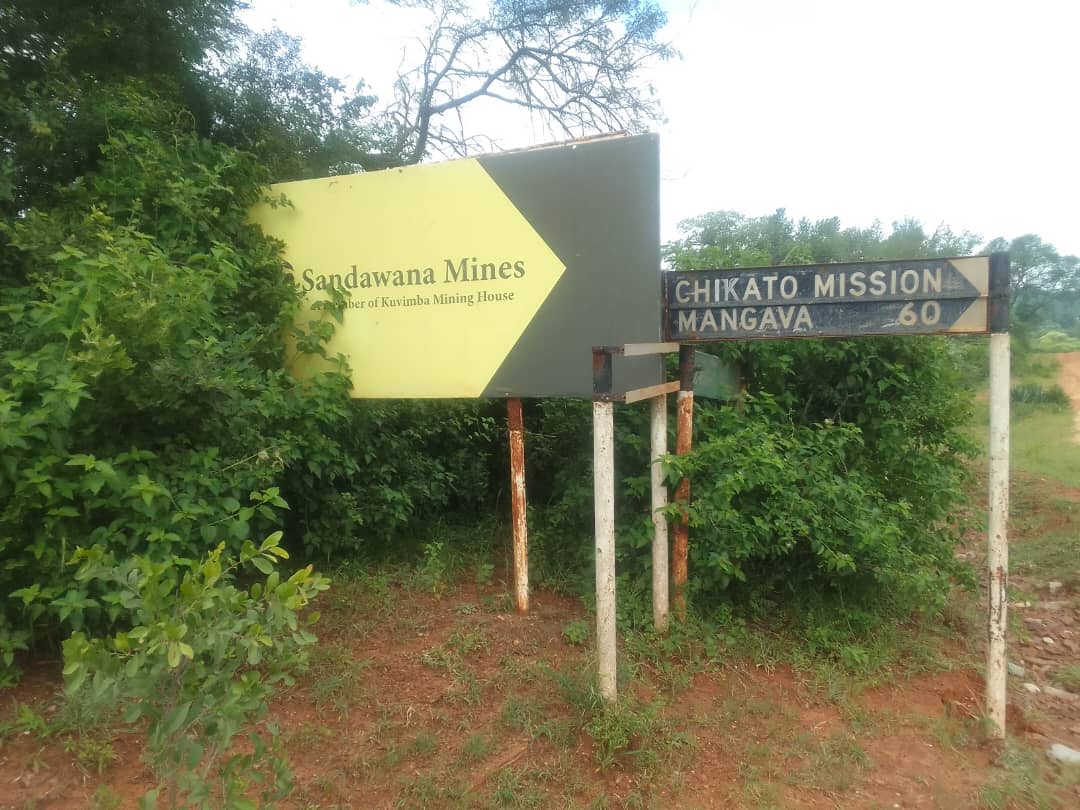EnviroPress Reporter
Drought-stricken villagers from selected wards in Mwenezi district got a shot in the arm following the roll out of direct cash transfer intervention from the Zimbabwe Red Cross Society (ZRCS).
The project, which is being supported by the International Federation of Red Cross and Red Crescent Societies for three months, will see families getting a maximum of US$65, thus US$13 per person – up to five family members.
Using cash transfers increases flexibility ensures the dignity of beneficiaries and gives them a choice to make as the communities have different priorities.
The intervention is being used as a stop-gap measure to alleviate hunger until the next harvest. Mwenezi is one of the country’s worst drought prone districts and has recorded low yields over the years.
ZRCS secretary-general Elias Hwenga said the intervention was part of the greater hunger response programme aimed at building resilience within communities.
“Most people were affected by hunger, but for now we are targeting 850 families here in Mwenezi,” Hwenga said.
“We are hopeful that as we continue to mobilise more resources, this number of beneficiaries will be increased so that many can also benefit.
“Mwenezi was identified as one of the most affected districts and the ZRCS working closely with the Department of Social Welfare, the District Development Coordinator and other key government departments, selected beneficiaries targeting the neediest and today, the families have received their first monthly cash aid,” said Hwenga.
Zimbabwe is among many countries in Southern Africa experiencing food insecurity, with 5,6 million out of 16,6 million people (33%) having insufficient food consumption, according to ZimVac.
As such, ZRCS in partnership with IFRC is implementing a Hunger Crisis Response project in Mwenezi district targeting 850 households in three wards.
The response is multifaceted and will cover food security and livelihoods under which the direct cash assistance through a money transfer agency falls under.
There is also water, sanitation and hygiene component, which aims to ensure that community-managed WASH services are provided to the target population to reduce health risks and improve food security and livelihoods.
This will be achieved through repairing and rehabilitation of boreholes including solarisation of other boreholes.
The health and nutrition part of the intervention will ensure that the immediate risks of the health of the affected populations are reduced.
The beneficiaries selected were part of the most vulnerable people in the communities including the elderly people, children in child headed families, people living with disabilities, pregnant and lactating mothers, people with chronic illness, and malnourished children.
ZRCS’s Edson Mlambo urged the villagers to put the money to good use and prioritise family needs.
Provincial director of Local Governance Rosemary Chingwe lauded ZRCS and its partners for the sterling work.
“We want to appreciate the great work being done here by the Zimbabwe Red Cross Society in complementing government efforts in stemming the hunger crisis,” she said.








